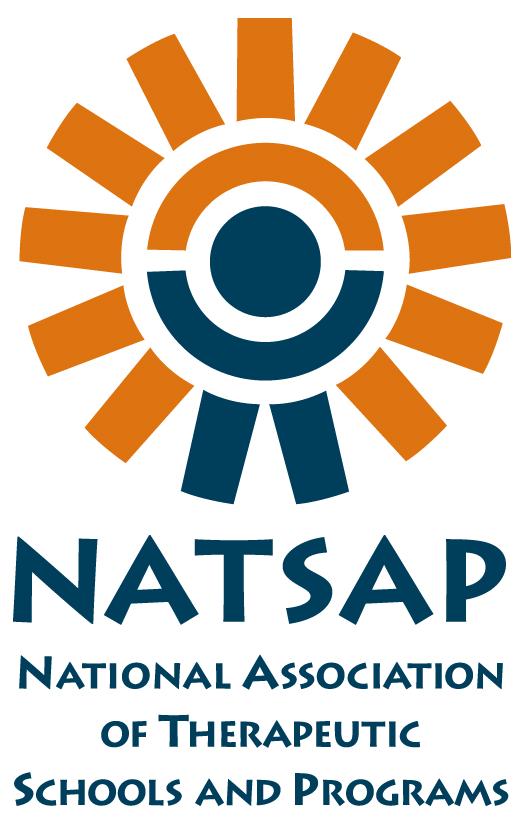A Panic Attack is the fear of a disaster or of losing control and can suddenly occur without notice. They symptoms of a Panic Attack can last a few minutes to several hours and can happen at any time. Panic Attacks develop in the late teenage years into early adulthood.
A Panic Disorder is grouped in a category called Anxiety Disorders. When Panic Attacks interfere with daily living a person is typically diagnosed with a Panic Disorder. Not everyone who has Panic Attacks actually develops a Panic Disorder; however, if left untreated, Panic Attacks can become debilitating.
Physical symptoms of a Panic Attack can include:
- Increased heart rate
- Pain in the chest
- Difficulty catching breath
- Feel like you are being smothered
- Nausea
- Stomach pain
- Dizziness
- Feeling flushed or a cold chill
- Tingly feeling or numbness in hands
- Trembling or shaking
- Feel like you are in a dreamlike state
Other signs of panic attacks include:
- Difficulty concentrating because of worry
- Fear of a disaster
- Sudden fear of losing control
- Terror
- Feeling the need to escape
- Avoiding places where panic attacks have happened in the past
- Sudden and repeated attacks of fear
- Worrying that another attack is going to happen
How can you help your teen who is suffering from Panic Attacks:
- Be supportive and understanding of your teen’s feelings
- Do not judge your teen because of their fears
- Do not make fun of their Panic Attacks
- Remind your teen that Panic Attacks are not their fault
- Teach your teen to avoid caffeine, alcohol, and stimulants
- Communicate with other adults that support your teen like: teachers, coaches, etc.
- Get help for your teen
The good news is that Panic Attacks and Panic Disorders can be treated very successfully. The key is to get help as soon as possible. Treatment includes medication, therapy or both.
Cognitive Behavior Therapy (CBT) is very effective in treating Panic Attacks and Panic Disorders. CBT, in both individual and group settings, teaches ways to cope with fear and different ways of reacting to situations that cause anxiety.
Family therapy is important to educate family members about Panic Attacks and how they can be a support to the teen that is struggling.
Reference:
http://www.nimh.nih.gov/health/publications/panic-disorder-when-fear-overwhelms/what-is-panic-disorder.shtml








